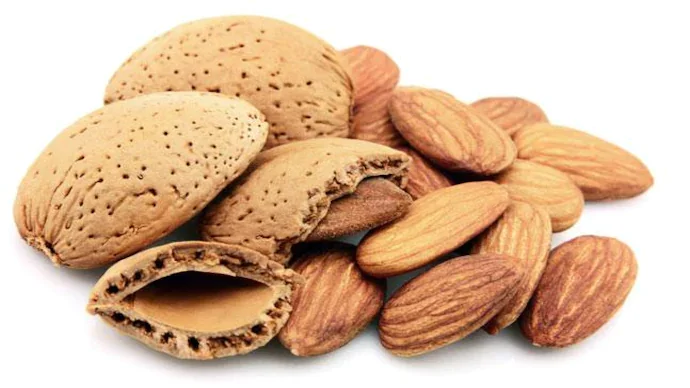5. Better Digestion

Almond skins are an excellent source of prebiotics since our gut bacteria break down food and drugs, so supporting their growth and multiplication. Almonds are thus a great meal for enhancing general well-being and digestive health.
Additionally important for blood clotting, vitamin K is produced by gut flora and guards against intestinal infections. Almonds help preserve a healthy gut microbiome by feeding these helpful bacteria; this is becoming more and more important for general health. Apart from digestion, a balanced gut flora helps immune system and could even affect mental health and mood.
Regular intake of prebiotic foods has been linked in recent research to enhanced immune system and lower risk of rheumatoid arthritis, heart disease, and cancer. Acting as a prebiotic, almonds' fiber feeds the helpful microorganisms in our intestines. Short-chain fatty acids created as these bacteria break down the fiber have anti-inflammatory properties and help the gut lining stay healthy.
Moreover, almonds' great fiber count encourages consistent bowel movements and helps avoid constipation. Maintaining gut health and avoiding problems including diverticulosis depend on this. By slowing down intestinal sugar absorption, almonds' combination of soluble and insoluble fiber also helps control blood sugar levels.
Furthermore helping effective digestion are almonds' enzymes that help break down carbs and lipids. Their protein content can aid to balance the intestinal flora, therefore encouraging the growth of helpful bacteria and suppressing destructive ones. Just a few almonds a day will help greatly boost your digestive health and, hence, your general wellbeing.
I'll enlarge these parts keeping the structure and fixing any structural problems. Additionally correctly number these as parts 6–10:
